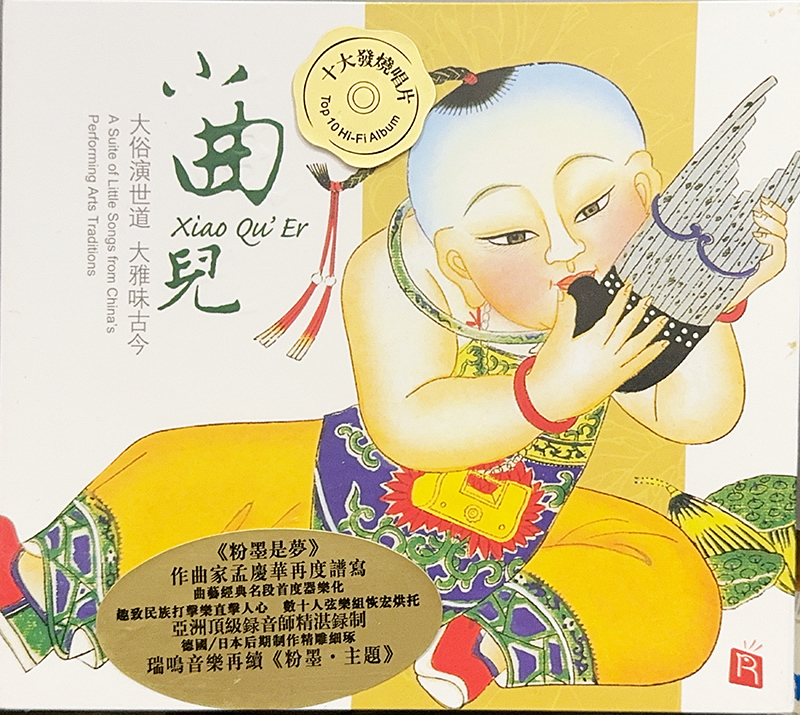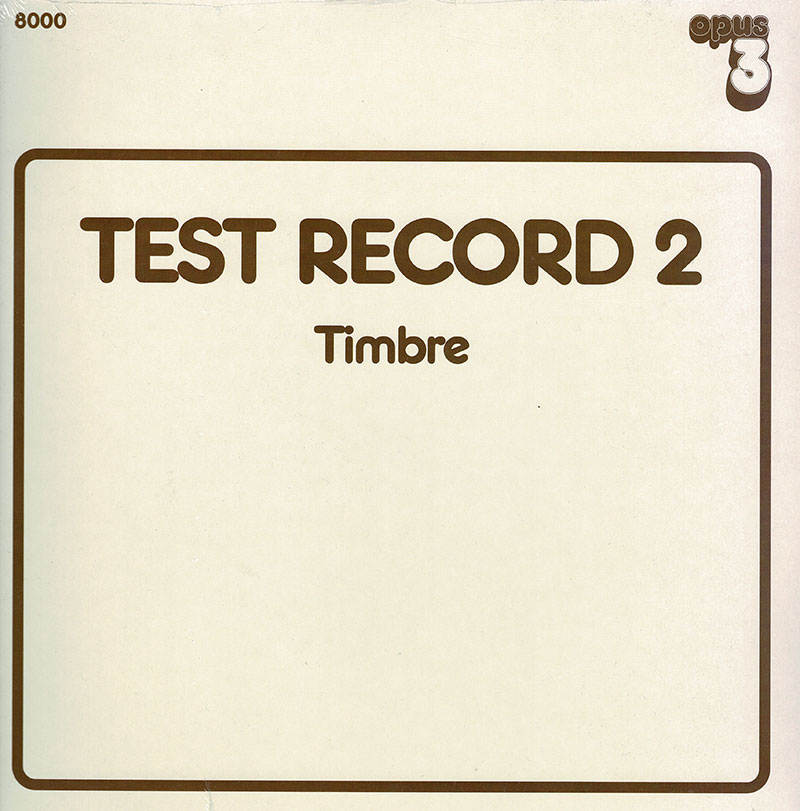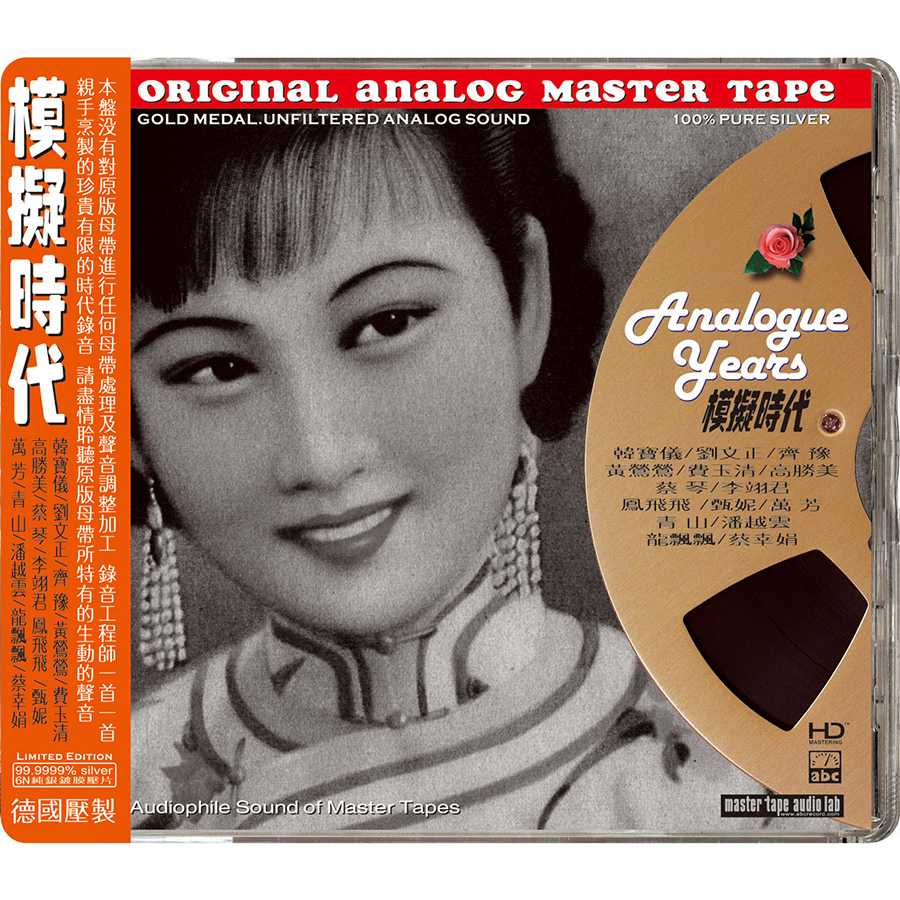Logowanie
Dziś nikt już tak genialnie nie jazzuje!
Bobby Hutcherson, Joe Sample
San Francisco
SHM-CD/SACD - NOWY FORMAT - DŻWIĘK TAK CZYSTY, JAK Z CZASU WIELKIEGO WYBUCHU!
Wayne Shorter, Freddie Hubbard, Herbie Hancock, Ron Carter, Elvin Jones
Speak no evil
UHQCD - dotknij Oryginału - MQA (Master Quality Authenticated)
Chesky! Niezmiennie perfekcyjny
Winylowy niezbędnik
ClearAudio
Double Matrix Professional - Sonic
najbardziej inteligentna i skuteczna pralka do płyt winylowych wszelkiego typu - całkowicie automatyczna
Huang Li Jie, China National Symphony Orchestra
Dream of an Opera 2 - Discover the Essence of Chinese Opera
- 1 Kunqu Opera: A Jade Hairpin
- 2 Jiju Opera: "Tao Li Mei“
- 3 Yueju Opera: The Butterfly Lovers
- 4 Qing Opera: The Flame Colt
- 5 Peking Opera: Farewell My Concubine
- 6 Huagu Opera: Woodcutter Liuhai
- 7 Huangmei Opera: The Cowherd and the Weaving Maid
- 8 Lu Opera: Lady General Mu Takes Command
- 9 Chao Opera: Su Liuniang
- 10 Cantonese Opera: The Princess Cheung Ping
- Huang Li Jie - vocal
- China National Symphony Orchestra - orchestra
My mother was born into a wealthy traditional Chinese family in Shantou (conventionally known as Swatow). She was the smallest of eight children and spoiled by everyone in the family. She grew up with operas -- the family could afford hiring a small local opera company to perform in-house every week -- until the national party warlords came. Few landlords survived those days. Owner of the power utility company, her father was no exception. After losing everything, her mother fled to Hong Kong with her and one older brother where they subsequently endured three years and eight months of Japanese occupation. My mother eventually met my father and started a new life. When we were small, Chinese operas were abundant and affordable. They came in many different forms and were sung in different dialects. The major forms are Yue, Chao (my mother's hometown opera), Huangmei, Peking (Beijing) and Cantonese opera. Those coexisted in live performances and movies. My mother was then able to renew her dreams of operas once more. And we were lucky to share those dreams. Huangmei operas fast became her favorite thanks to the many movies popularizing them. She had collected about ten LPs of complete soundtracks but gave them to friends before we emigrated to Canada. When I played these CDs to her during one weekend here, she was able to recall fond memories. To my surprise, even I could sing along with some Huangmei and Cantonese operas, which feature Mandarin and Cantonese lyrics respectively.






































